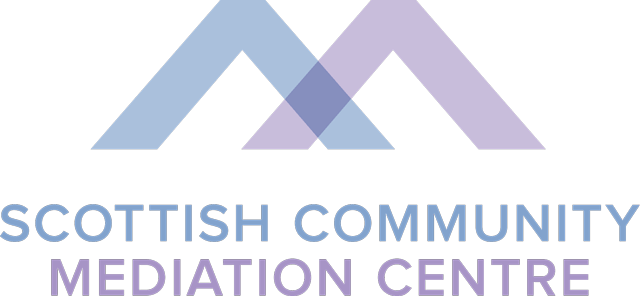Community Mediation Management Manual
This manual is aimed at assisting anyone involved in planning, launching or running a community mediation service in Scotland.
Produced by The Scottish Community Mediation Centre, the manual reflects the service and mediator standards put in place by the Scottish Community Mediation Network.
The manual is divided into three sections:
Starting Up: The why, what, who, where, when and how of setting up a service.
Up and Running: The policies and procedures required to run an efficient service.
Keeping Running: Evaluating the continuing effectiveness and relevance of services.
